Who We Are
AboitizPower is the Philippines’ leading provider of renewable energy, advancing business and communities towards A Better Future.
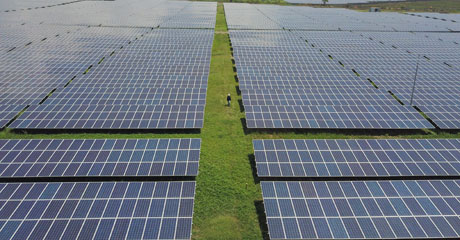
AboitizPower is the Philippines’ leading provider of renewable energy, advancing business and communities towards A Better Future.

AboitizPower champions sustainability initiatives and ventures that help make the world a better place not only for people living today but for generations to come.
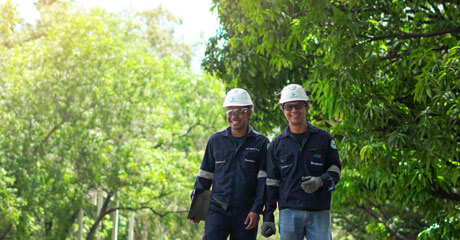
AboitizPower upholds the highest ethical standards, safeguarding the integrity of our initiatives and developments as a business enterprise and a partner for environmental protection.

View our shareholder relations and investment reports and find out how we prioritize addressing the triple bottom line of people, planet, and profit.
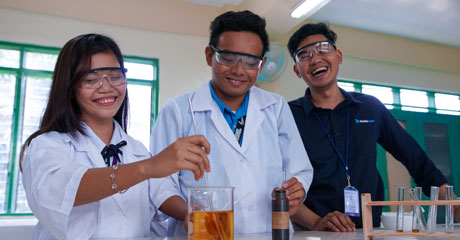
Stay updated on the latest stories and developments about AboitizPower.

A Better Future and career await you at AboitizPower. Browse through our job vacancies and join our ever-growing family today!
Home Newsroom SustainabilityPlastic, fly ash upcycled into eco-bricks
June 06, 2023
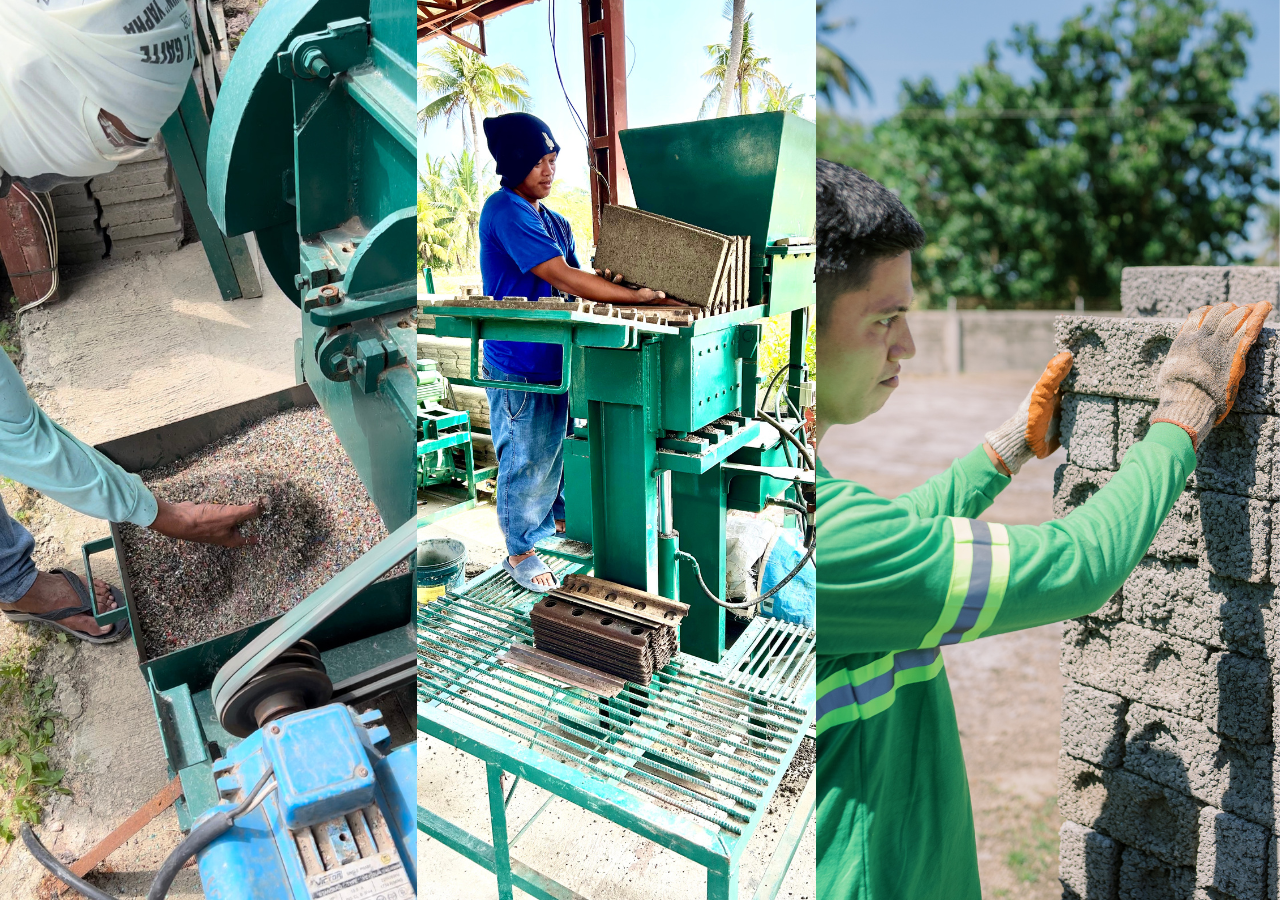
The subsidiaries of Aboitiz Power Corporation (AboitizPower), along with the Aboitiz Foundation, Inc. (Aboitiz Foundation), give new life to solid waste with its Building Resilient Infrastructure and Communities through Kaibigans, or BRICK Hub project, which upcycles plastic waste and coal plant ash byproducts into high-value eco-bricks and eco-pavers.
Host communities are encouraged to collect and give their plastic waste via collection points and eco-stores, where bags of plastic sachets — like those from shampoo and coffee products — can be traded in for sacks of rice or school supplies. The BRICK Hub then purchases the plastic from these venues.
Aside from promoting sustainable practices, the BRICK Hub also provides livelihood, as people in the community are hired to produce the eco-bricks and eco-pavers. Barangays Binugao and Inawayan in Davao del Sur and barangays Bato, Awihao, and Cabitoonan in Toledo City, Cebu are its beneficiaries.
Green Antz Builders, Inc. (Green Antz) is the social enterprise that serves as the project’s technical partner, having provided the eco-brick model and the necessary skills training to become brick makers and installers.
About 100 plastic sachets are mixed with fly ash and a special mixture by Green Antz to produce an eco-brick, which is actually nine times stronger than the typical hollow block.
AboitizPower’s Therma South, Inc. (TSI) and Therma Visayas, Inc. (TVI) efficiently recover ash particles resulting from its process of electricity generation, and supply the ash for free to the respective operators of the BRICK Hub in their community.
These are the United Kaibigan Multipurpose Cooperative and Income Credit Cooperative supported by TSI, and the Toledo United Farmers, Fishermen and Women Workers, or Tuffwow, helped by TVI. These cooperatives are also in charge of selling the green products.
The fly ash acts as a 50% substitute for the typically more expensive cement, hence, driving down the cost of production. It is also used for filling and finishing so the price per square meter is lower than standard building supplies.
TSI and TVI helped set up their iterations of the project in 2021 and 2022, respectively, with the Aboitiz Foundation providing funding for site development. Moving forward, the power plants will also assist in expanding the BRICK Hubs’ partners and linkages, including the exploration of research and development initiatives for more sustainable construction materials.
Given the resilience of eco-bricks and eco-pavers, as well as its positive contribution to solid waste management, some local government units have also shown interest in replicating the BRICK Hub in support of rapid infrastructure development in their localities.
TSI operates the 300-megawatt (MW) Davao baseload power plant located in Binugao, Toril, Davao City, while TVI runs the 340-MW Toledo power plant in barangay Bato, Toledo City. Both coal-fired facilities built the first coal domes in the country. This structure safely stores coal deposits and prevents dust pollution caused by its combustion.

In line with its commitment to promoting a culture of safety across the organization and among its partners, the AboitizPower Coal Business Unit (BU) ...
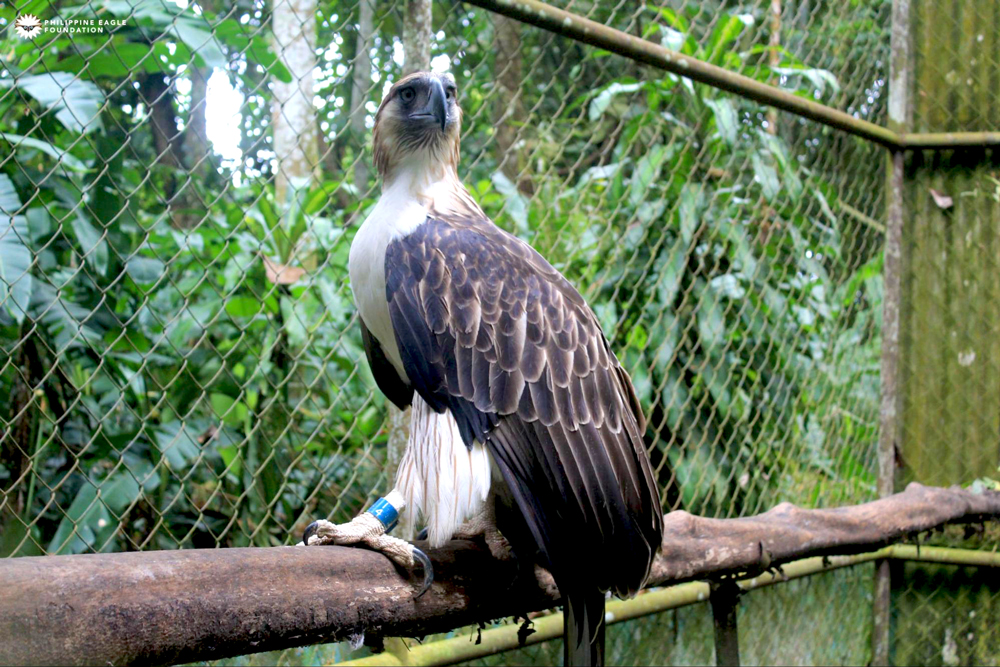
Aboitiz Power Corporation (AboitizPower) has been recognized as a constituent company in the FTSE4Good Index Series for the fourth consecutive year an...
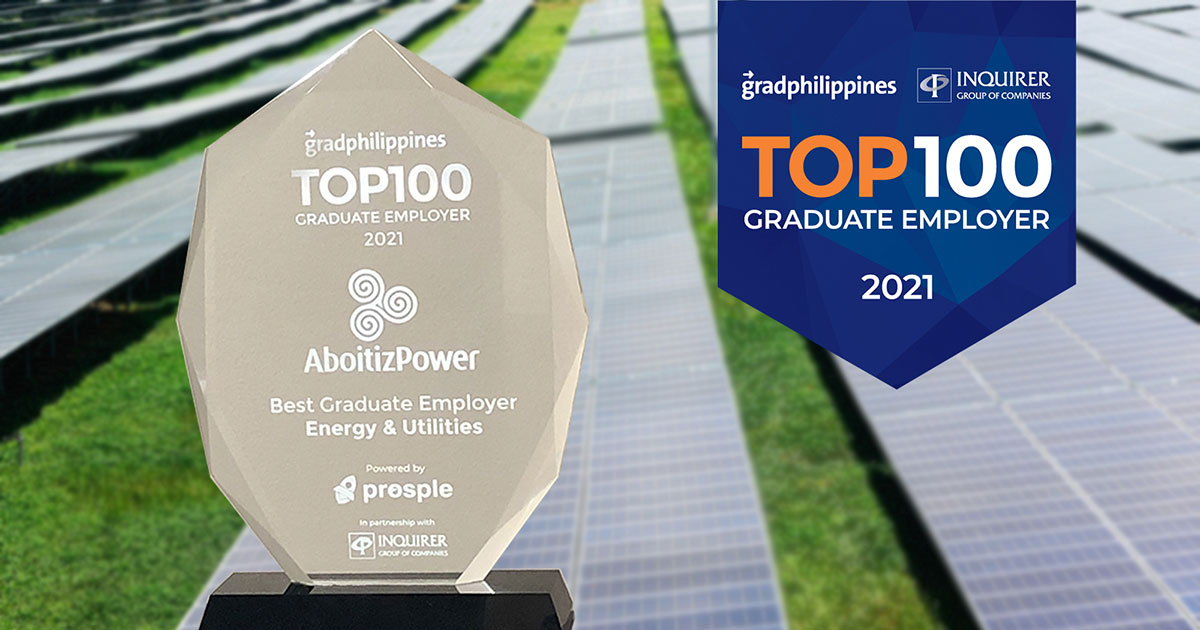
AboitizPower confirmed its place as one of Philippines’ leading graduate employers when the Top 100 Graduate Employers were announced last May 1...
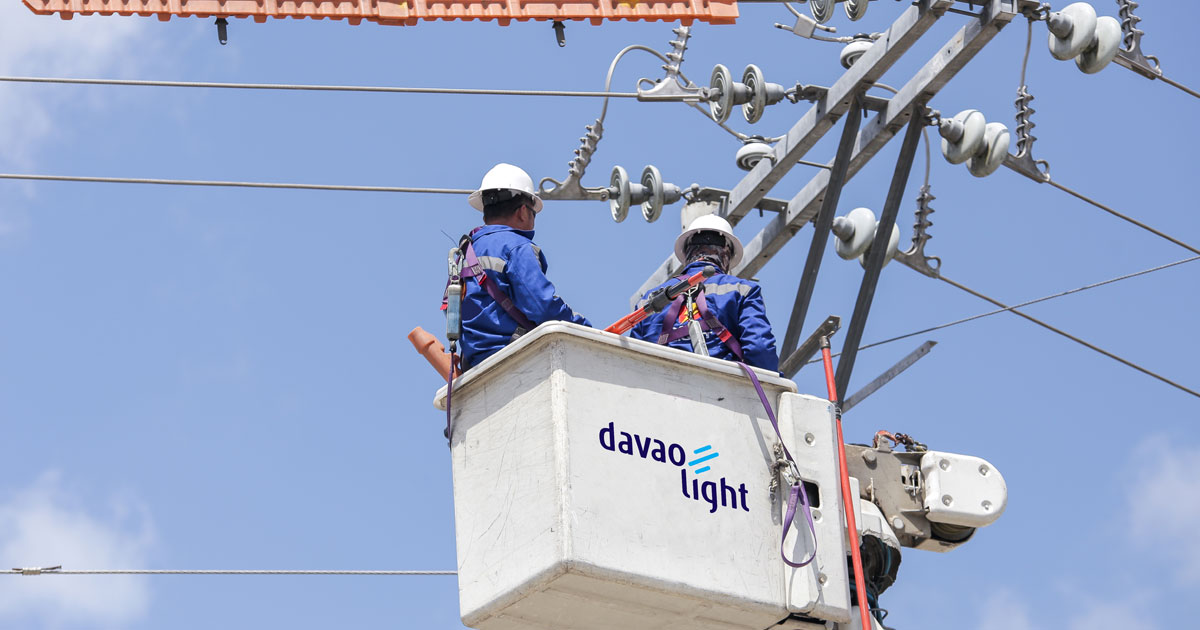
As one of the Philippines’ largest power producers, we help fill the nation’s growing energy needs by providing secure and affordable access to sustainable power across the country.
Learn more about our businesses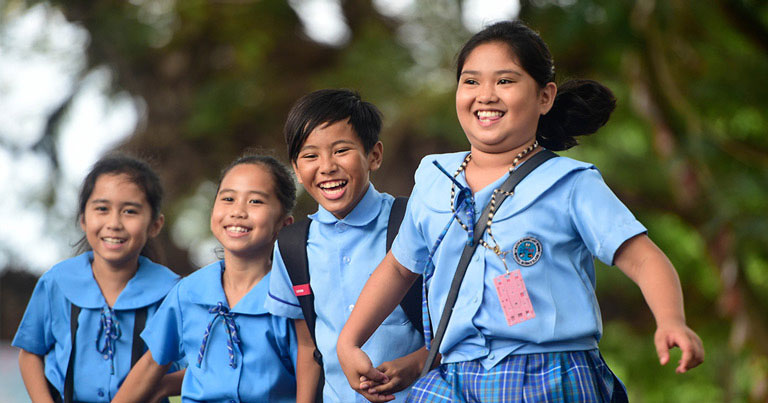
AboitizPower champions sustainability initiatives and ventures that help make the world a better place not only for people living today but for generations to come.
View our sustainability initiatives
View our shareholder relations and investment reports and find out how we prioritize addressing the triple bottom line of people, planet, and profit.
Visit our investor relationsWe use cookies to personalize content and ads, which enables us to analyze our traffic.
If you continue
to use this website, you consent to the use of our cookies.
Find out more here.